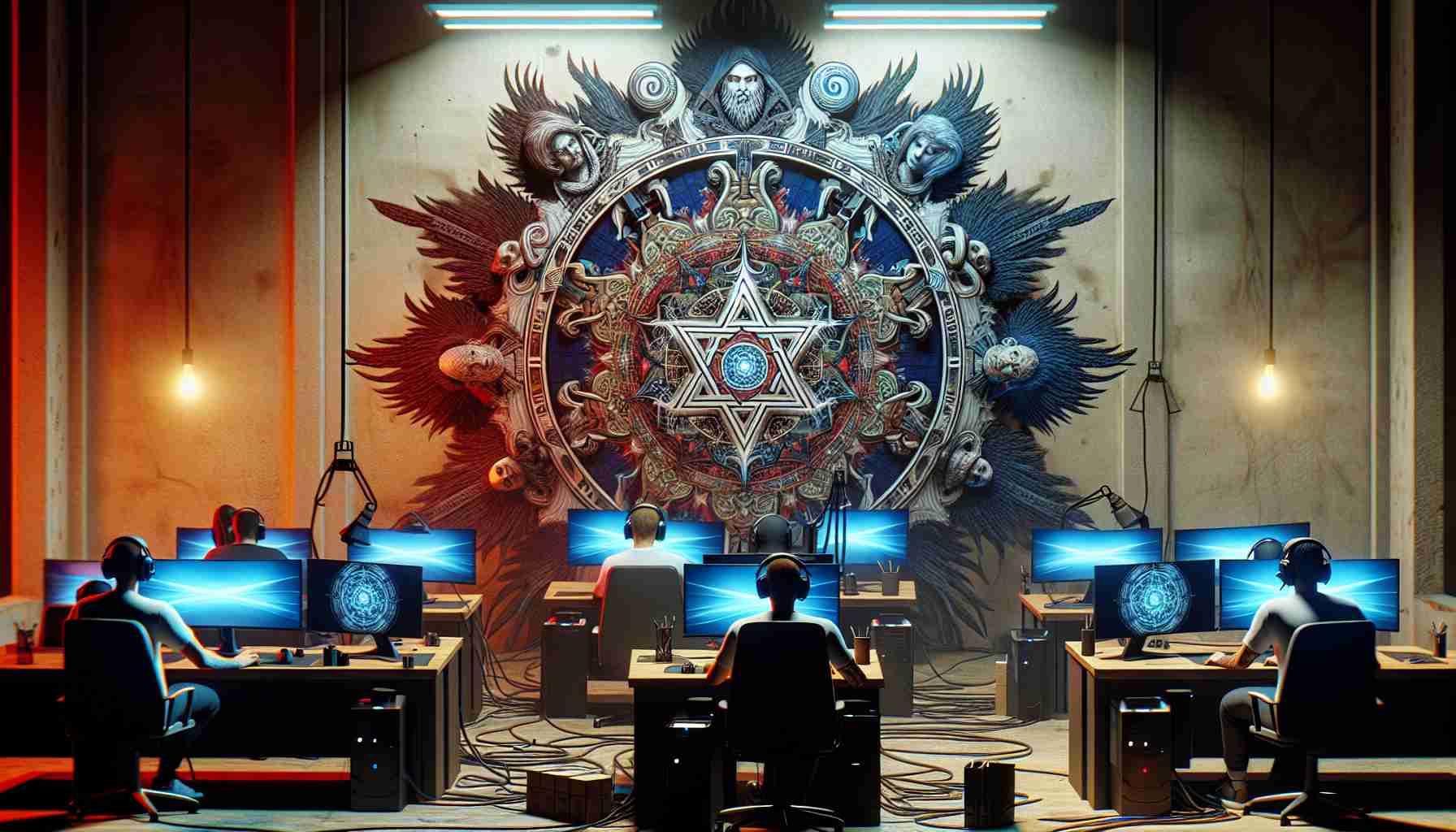The gaming world has recently been abuzz over the closed beta of Call of Duty: Black Ops 6, where players are familiarizing themselves with new features and content. Among the various elements being explored, a specific calling card has ignited discussions due to its provocative imagery. TheCard, dubbed “Make History,” features visuals of demonstrators, a pixelated likeness of a former president, and a depiction of an aircraft colliding with a structure.
This particular image has raised eyebrows, as many promptly associated it with the tragic events of September 11, 2001. A prominent gaming leaker pointed out the unsettling nature of the calling card, highlighting the controversial imagery and questioning whether anyone found it inappropriate. While a few speculated that the imagery might reference an earlier event, the leaker quickly dismissed this notion, emphasizing the unmistakable presence of a plane.
In response to the backlash, the developers took swift action. The calling card was altered shortly after its initial reveal, replacing the provocative visuals with a more benign image of someone writing on a cassette tape. This sudden change has prompted further questions about the design process at Treyarch, especially considering their earlier statements distancing the game from any direct representation of real-life tragedies.
The incident echoes a trend within the gaming industry, where developers occasionally draw on real-world tragedies in promotional material. The community continues to grapple with the balance between creative expression and sensitivity to historical events.
Controversial imagery in video games can often spark intense debate within the gaming community, as seen with the reaction to the “Make History” calling card in Call of Duty: Black Ops 6. This incident is part of a broader trend where developers sometimes use real-world events as inspiration for game content.
Key Questions and Answers
1. What constitutes controversial imagery in gaming?
– Controversial imagery typically includes visuals that reference real-life tragedies, political issues, or sensitive topics that may evoke strong emotional responses from players.
2. Why do developers use provocative imagery in games?
– Developers may aim to create a strong emotional impact, provoke thought, or spark conversation, believing that referencing real events can enhance storytelling or gameplay experiences.
3. How does the community respond to controversial imagery?
– Responses can vary widely; some community members may support artistic expression, while others may call for sensitivity and respect towards historical events and those affected by them.
Key Challenges and Controversies
– Balancing Artistic Freedom with Sensitivity: Developers face the challenge of expressing creative freedom while being aware of the potential impact of their content on players, especially when it touches on tragic events.
– Public Backlash and Reputation: Game companies risk widespread backlash that can damage their reputation and alienate players if their content is deemed offensive or insensitive.
– Censorship vs. Self-Regulation: There is an ongoing debate about whether developers should self-regulate to avoid potential controversies or if censorship stifles creativity.
Advantages and Disadvantages
Advantages:
– Heightened Engagement: Provocative imagery can lead to increased discussions and engagement within the gaming community, potentially boosting interest in the game.
– Artistic Exploration: It allows developers to explore complex themes, contributing to a richer narrative experience in gaming.
Disadvantages:
– Potential Offense: Such imagery may deeply offend individuals or groups affected by the referenced events, leading to public outcry.
– Loss of Sales: Backlash may lead to a decline in sales if players choose to boycott the game in protest against insensitive content.
Conclusion
The gaming industry remains a space where the balance between creative expression and ethical considerations is constantly negotiated. Developers must navigate these turbulent waters carefully to avoid controversy while still engaging players in meaningful ways.
For more information about the intersections of gaming and societal topics, visit Polygon or GamesRadar.


















